It’s been the trend for the past few years to follow a low-fat diet. But we need fat for our brains and bodies to function properly. The problem is that most people eat the wrong fats and too much of them!
Polyunsaturated fats are the good fats that keep our brains, hearts, and muscles working properly. They are also known as essential fatty acids, or commonly as omega-3 and omega-6 fats. The balance of these fats in our bodies is also critical but the modern diet has a lot of omega-6 and too little omega-3 fat. If the balance is too much towards omega-6, then our brain function, cholesterol levels and immune system are going to be badly affected. Meat and dairy products are high in omega-6 fats. Many processed foods contain vegetable oils that are high in omega-6. In contrast, there are few sources of omega-3 fats in our Western diet. Oily fish such as sardines, mackerel, herring, and salmon are some of the best sources of omega-3. Vegetarians and vegans must rely on nuts and seeds for their omega-3 fats. Flax seeds and hemp seeds are two of the best for high omega-3.
But that still does not take away the need to keep an eye out on the types of fat consumed on a daily basis. The best way to eat the right balance of fats is to follow a diet full of fresh vegetables, fish, seeds, nuts, whole-grains and fruits. Learn to love a healthy, plant-based diet.
Bad Fats: Saturated Fats and Trans-Fats
Saturated fats are the bad fats that are best to eat in small amounts. You find them in meats, milk, cheese, butter, chips, cakes, biscuits, pizza, burgers… along with lots of salt and sugar too! Don’t just swap these to the ‘low-fat’ versions. That usually means that extra sugar and salt have been added to keep your taste-buds interested.
Trans fatty acids, or trans-fats, are often found in processed foods. Trans-fats are linked to serious health issues such as heart disease and cancer. They are synthetic fats that take the place of natural fats in our bodies, leading to hardened arteries and high cholesterol. Trans-fats are mainly found in margarine and baked goods but are not always shown on the nutrition labels. Even so, many food companies do add the levels of trans-fats to their labels.
Green fact – three quarters of the world’s fish species are over-exploited or fished to their limit. And half of the recorded fish species are endangered or threatened. And it’s not just fish that are harmed by fishing practices, many other creatures such as turtles, dolphins and seabirds are often victims too. Make sure you are eating sustainable fish species by checking out the guide in your country such as Australia’s Sustainable Seafood Guide.
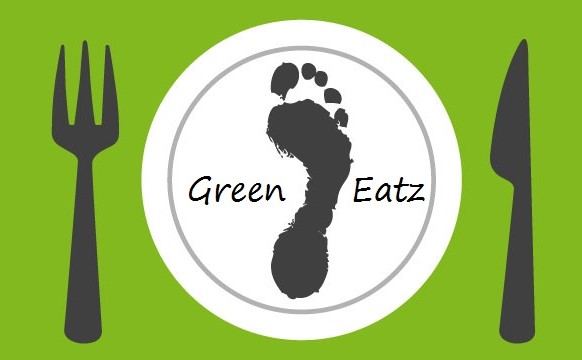
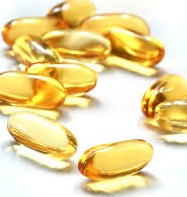

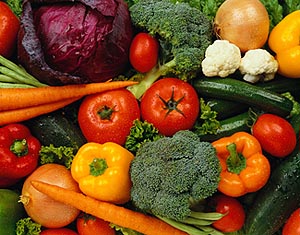

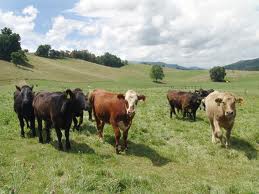

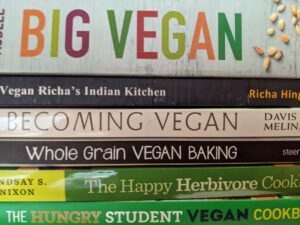
Trackbacks/Pingbacks